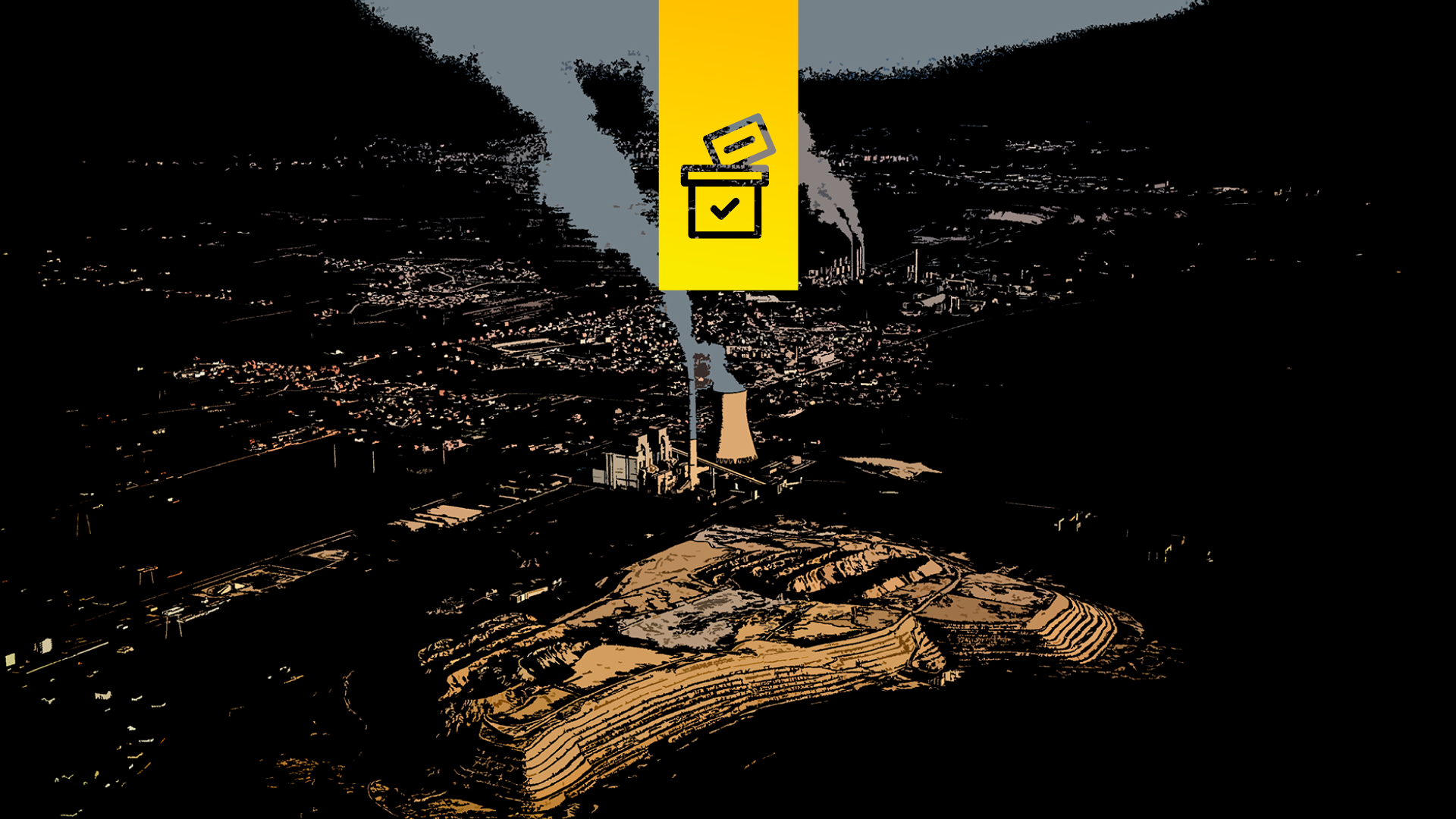
Elections 2021: A different perspective on our environment
With elections happening almost every two years, K2.0 listens to ideas on solutions amid dubious promises.
"Small hydropower has caused immense harm to river ecosystems and the communities who depend on them."
Bleta Arifi, environmental social scientist"The politicians' hesitation to halt environmental degradation in Kosovo is bizarre."
Granit Gashi, environmental activist"Kosovo does not need to invent anything, it just needs to follow the best examples that other countries have taken at this stage of socio-economic development that the country is in."
Besfort Kosova, environmental policy expert
Kosovo 2.0
Kosovo 2.0 is a pioneering independent media organization that engages society in insightful discussion. Through our print and online magazines, debates and advocacy initiatives, we are dedicated to deepening the understanding of current affairs in Kosovo, the region and beyond.
This story was originally written in Albanian.